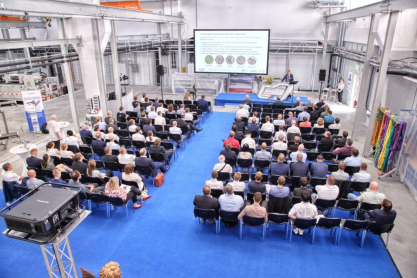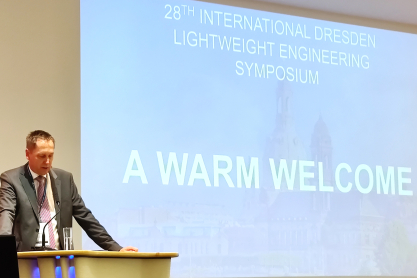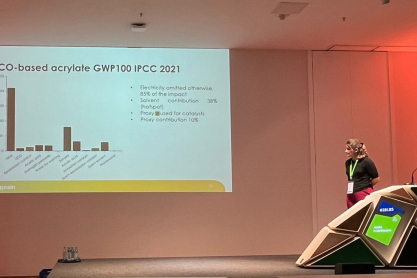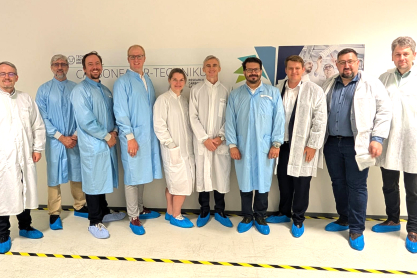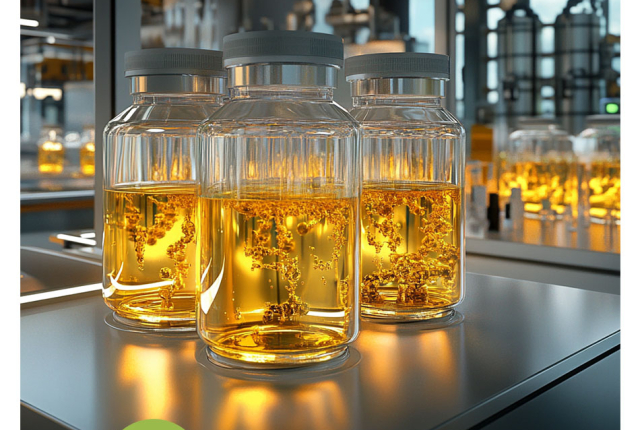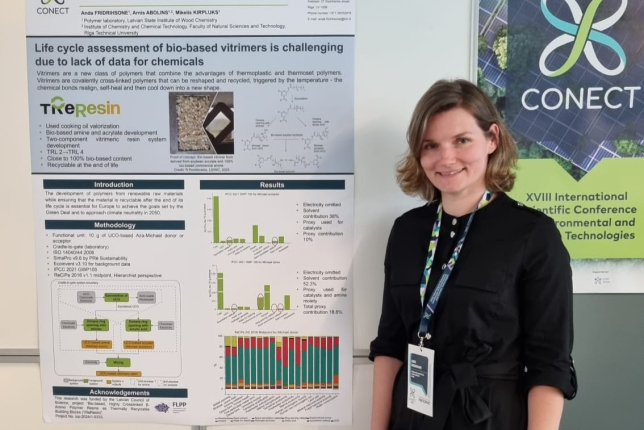The LSIWC presents research on UCO-based materials at the Dresden Lightweight Engineering Symposium
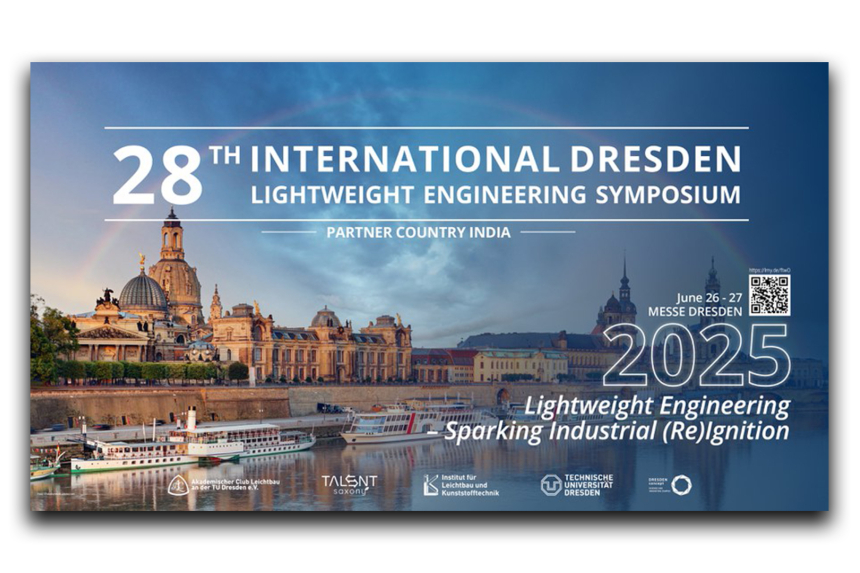
Can your used cooking oil become a material of the future?
This question - and broader sustainability challenges - were at the heart of discussions at one of Europe’s most prominent engineering forums: the 28th International Dresden Lightweight Engineering Symposium, held on 26–27 June 2025 in Dresden, Germany. This year’s theme was “Lightweight Engineering – Sparking Industrial (Re)Ignition.”
With growing attention to security, infrastructure, and technological sovereignty, lightweight engineering is being positioned as a globally significant, cross-disciplinary field that bridges materials research, advanced manufacturing technologies, and digital innovation. The symposium featured more than 60 presentations and high-level panel discussions, addressing topics such as advanced multi-material systems, the circular economy, autonomous digitalization, the search for new business models, and cross-sectoral collaboration opportunities.
Latvia was represented by PhD Anda Fridrihsone, a senior researcher at the Latvian State Institute of Wood Chemistry, who delivered an oral presentation titled “Toward Sustainable Vitrimers: A Screening LCA of Biobased Component Synthesis.” Her research, carried out within the project LZP FLPP No. lzp-2024/1-0333 TReResin, focused on the synthesis of vitrimer components from used cooking oil (UCO) - a material that often ends up as waste but has the potential to be transformed into high-value, sustainable engineering materials.
The study applied Life Cycle Assessment (LCA) to identify environmental “hotspots” within the synthesis process - steps with the highest environmental impact. Recognizing these hotspots enables process optimization, development of more environmentally friendly components, and a reduction in reliance on fossil-based raw materials. The topic aligned strongly with the symposium’s core theme, highlighting how scientific innovation can ignite new momentum in industrial regeneration.
The background of this research is particularly timely: in the first four months of 2025, the European Union imported over 667,000 tonnes of UCO, mainly from China, Indonesia, and Malaysia, raising concerns about supply chain traceability (Vesper) and even potential use of palm oil falsely labeled as UCO (Environmental Investigation Agency). Demand for UCO is rising sharply, especially in the biodiesel and aviation fuel sectors, where it is used in large volumes as a low-cost feedstock. (Reuters; Fastmarkets)
In this context, PhD Fridrihsone’s research offers an alternative pathway: instead of UCO being widely burned as fuel of origin, her work focuses on a UCO transformation into innovative material components To further develop polymermaterials with high added value. Waste recycling hierarchy prioritizes waste recycling into other products over waste incineration.
